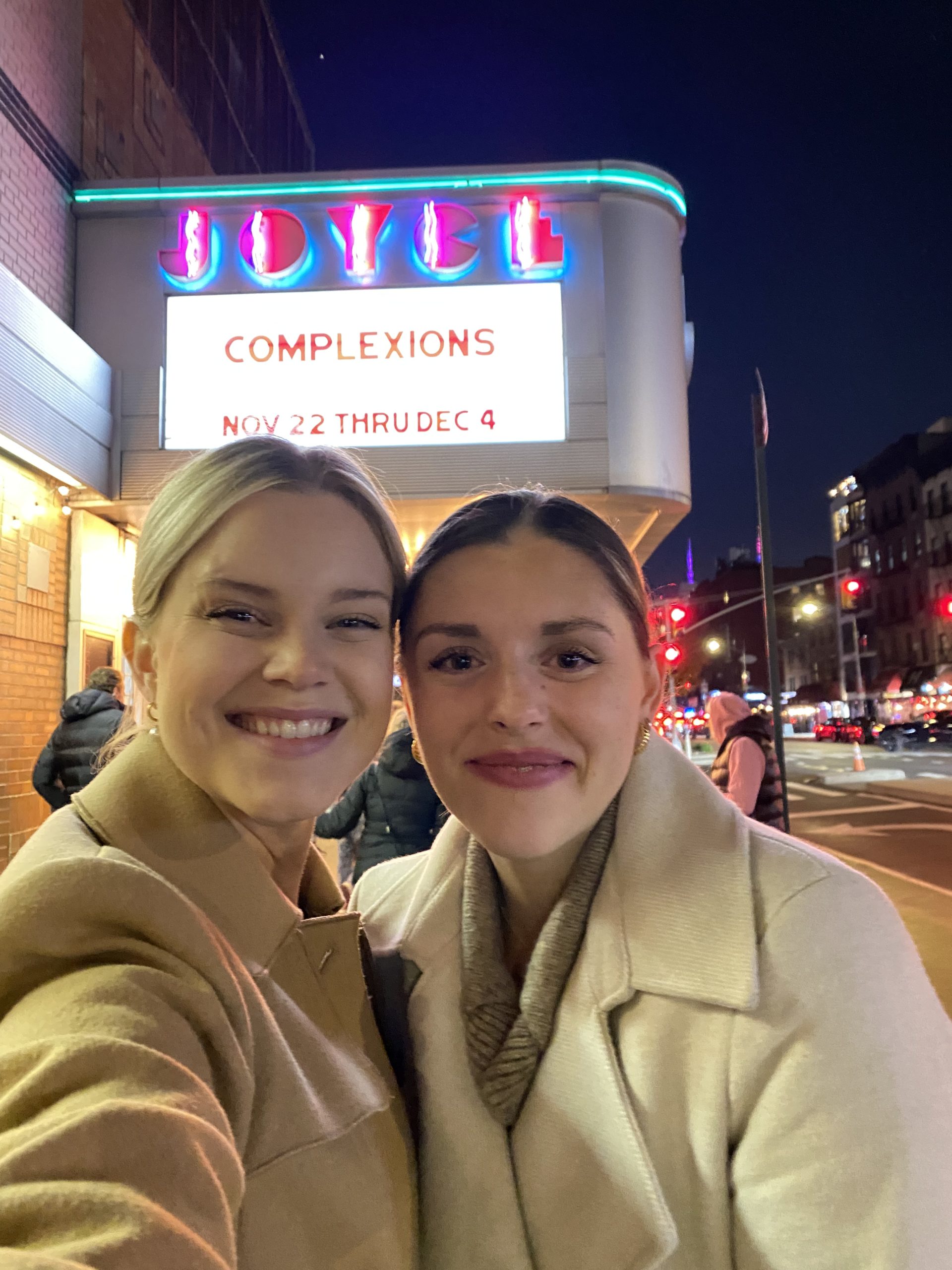Begin Again: Can Watching Dance Make You a Better Dancer?
In college I was taught that if I wanted to become a better writer, I needed to read more. It’s a sentiment that’s proved true for me as a journalist, and as I’ve returned to dance, I’ve wondered if it might also prove true for the performing arts.
For the past five years while writing for Dance Magazine, I’ve attended a lot (read: A LOT) of dance performances. From New York City Ballet to Noche Flamenca, to Circa Contemporary Circus—I’ve experienced it all. (That’s an overstatement—there’s so much dance in New York City, you could go to a show every night and still not scratch the surface, but you know what I mean!) Each time I leave inspired, having discovered new movement pathways, new story-telling methods, and new dance stars in the making.
But could my time as a dance patron actually make me a better dancer? After all, I’m just sitting in a chair the whole time. It’s not like I leave in a sweat or wake up sore the next day. To find out, I turned to an expert. Here, New York City–based mental performance coach and mental health counselor Liv Massey shares the benefits watching dance has on our own dance performance, and the ways we can capitalize on it.
Can watching dance make you a better dancer?
Yes! In sports psychology there is something called functional equivalence. If you scanned your brain while you rehearsed something mentally—either with your eyes closed envisioning yourself dancing a piece, or watching someone else dance and then envisioning yourself doing what they did—the same parts of your brain would light up as when you were actually dancing. So what you’re doing has a functional equivalence to actual training. It’s not just some fluffy mental thing—you are working on that mind–body connection, even if you are just watching someone else.
How can dancers use that to their advantage?
Go into [attending a performance as a patron] with an open mind, looking for novelty. Try to notice things that you wouldn’t necessarily notice normally. What facial expressions are they making? If they make a mistake, how do they bounce back? Take mental notes of what you thought was interesting or amazing.
Then, when you get back home afterward, go into a quiet space, close your eyes, and visualize yourself performing what you just saw. The key to functional equivalence is to make sure you involve as many senses as you can. Make that mental landscape as close to what it could be as you can. What does it smell like in the theater? What can you hear around you? What do you see? How does your body feel? Imagine your body doing the work in exactly the way you would want to perform it—without mistakes or stumbles. Make it the most beautiful performance you could ever imagine. Take the things you liked and integrate it into your performance, starting with your imagination. It’s a two-step process that can be really beneficial.
How can dancers use this tool without falling into the trap of comparison and/or feeling bad about themselves?
This exercise can become unhelpful if there is comparison or judgment involved. Don’t tell yourself that they are better than you, or you could never do what they are doing. Those types of thoughts aren’t helpful. Instead, go into it with the intention of learning something. This growth mindset is a skill that can be developed over time.
Can you explain what a growth mindset is to our readers?
When you have a growth mindset, you will look at something as an opportunity and not as something that is threatening. It can be hard to watch others perform and not feel threatened, angry or jealous. Those emotions are big and powerful and they get in the way of us being able to learn anything. Before you even go into the performance say, ‘I am not comparing myself to that person. I am watching them do a piece and then seeing what I can take from it to improve what I do.’
It sounds great in theory, but some dancers may struggle with this in practice. Do you have any advice?
It’s helpful to have a coach or expert to work with you. It’s a skill just like building muscle. It takes some time and some reps to get your brain to think that way automatically.
Any last thoughts?
Oftentimes people won’t attend performances because of self-judgment, but I think it’s a really good way to study your craft. And if you truly love dance, and want to be able to enjoy it for a lifetime, this is a wonderful skill to develop now.




